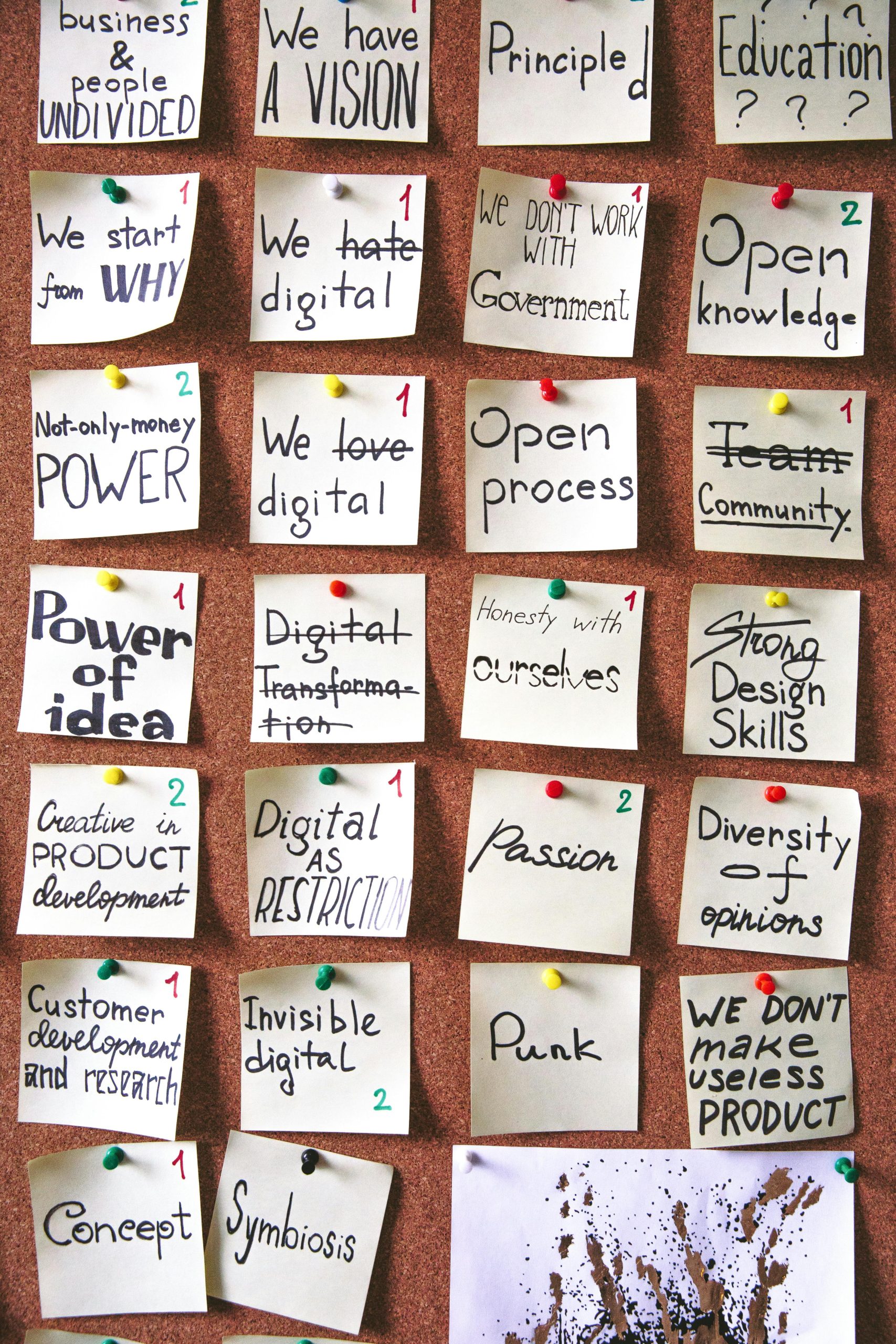Balancing Ethics and Education: The Dilemma of Advocating for the Public School System
In today’s educational landscape, many parents grapple with a complex question: Is it more ethical or equitable to work within or challenge the public school system to secure a quality education for their child, or to invest in private resources and alternatives?
Understanding the Broader Philosophical Debate
This question isn’t merely about logistics; it touches on fundamental values surrounding education, fairness, and community responsibility. From a societal perspective, public educators often wonder about the morality of parents who actively advocate or even oppose district policies to ensure their child’s educational needs are met—particularly when mainstream classrooms fall short.
The Ethics of Pursuing Legal Action
Some families may consider legal avenues, such as suing school districts, to obtain a “free and appropriate public education” (FAPE) when standard services do not suffice. This approach raises questions: Is it fair to allocate limited educational funds to such legal battles? Does this divert resources from other students? Conversely, could these actions serve a greater good? If successful, they might prompt systemic improvements that benefit countless students, including those who lack the means to seek private alternatives.
Community Impact and Personal Considerations
Fundamentally, public education has long been a shared societal investment, and many believe that if a child’s needs can be met within this system, families should strive to make it work. The idea is that the system functions better when more families actively participate in advocating for quality education for all—recognizing that public schools flourish or falter based on collective support and accountability.
However, it’s essential to remember that a child’s well-being comes before ideological positions. Each child is a unique individual, deserving of tailored support that respects their specific needs. For parents of children with recognized or suspected special needs—such as the challenges associated with certain conditions—the possibility that traditional public schooling might not be suitable is a pressing concern.
Personal Reflections
As parents, especially those navigating special educational requirements, our foremost priority is ensuring our child’s health, happiness, and development. While public education is a valued community resource, it’s vital to acknowledge when it may not adequately serve certain children’s needs.
The conversation about whether to fight for or bypass public school systems is complex, involving ethical, practical, and personal considerations. Ultimately, choosing the best path for a child involves weighing societal benefits against individual needs—aiming for solutions that support all learners and uphold fairness within our educational communities.
